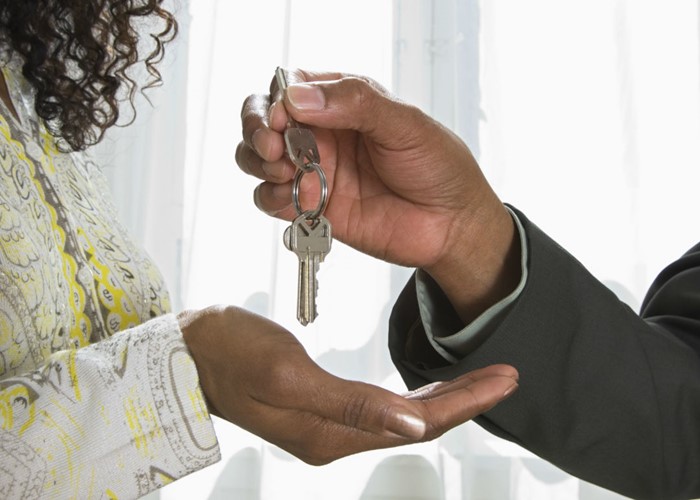Lodgers vs tenants: how your rights and responsibilities change

If you’re renting from a private landlord you’ll either be a lodger or a tenant. But there’s an important distinction between the two and it’s vital to know where you stand.
If you’re looking for a room to rent, who you’ll be sharing with makes a massive difference to your rights and responsibilities.
Put simply, if the landlord lives in the property too, you’ll be a lodger. But if the landlord lives elsewhere, you’re a tenant.
Being a lodger
The current economic climate means more and more homeowners are taking in a lodger to sleep in the spare room.
Being someone’s lodger has a number of pros and cons.
Firstly because the flat or house is the landlord's main place of residence, the balance of rights is in their favour. So you’ll have a lot less say over things, and less rights, than if the landlord lived elsewhere.
Unlike tenants, lodgers don’t sign an Assured Shorthold Tenancy (AST) giving them a contract for at least six months and a two-month notice period. Instead your landlord is likely to get you to sign a “license” or “lodger agreement”.
With this type of agreement, a landlord only needs to give “reasonable notice” to ask a lodger to leave. This is normally 28 days but could be shorter.
There are lots of other rules that apply to ASTs that don’t apply to lodger agreements. For starters, the landlord doesn’t have to protect any deposit in a deposit protection scheme. Secondly if the landlord is sharing some living accommodation with the lodger, they won’t need a court order to get possession. Living accommodation means things like kitchens, bathrooms, and living rooms.
Whereas a tenant with an AST has exclusive use of space they rent during the tenancy, a lodger doesn’t. This means you don't have the right to exclude your landlord from the room you're renting. So, if your landlord wants to nose around your room they can (within reason).
Another key issue is that if you’re a lodger the landlord has the right to move you to a different room in the property if necessary. So you could find yourself relegated to the box room if the landlord has guests.
The main advantage of being a lodger, rather than a tenant, is that it tends to be cheaper. Also the landlord will probably be more keen to repair things and keep the property nice than a live-out landlord might be.
Getting a lodger
If you’re a homeowner you can earn up to £4,250 a year tax-free from taking in a lodger.
However, if you do this it’s important to choose a lodger whose lifestyle is compatible with yours – otherwise you’re likely to resent sharing your space with them.
A thorough interview process should help weed out weirdos and drug dealers, but it’s a good idea to draw up some house rules before someone moves in.
These could incorporate anything from shared cleaning responsibilities and use of broadband, to rules about guests. Many live-in landlords limit the number of overnight guests a tenant can have each month to avoid bumping into a constant stream of boy/girlfriends en route to the bathroom.
Most live-in landlords will charge their lodger a rent inclusive of all bills. So the agreement you both sign should detail what’s included, what’s not and any restrictions.
Being a tenant
If you rent a room in a property, or a whole property, and the landlord doesn’t live there, you’ll be a tenant (not a lodger).
Being a tenant gives you many more rights than being a lodger.
In most cases you’ll sign an AST which gives you full rights to remain in the property until the end of your contract, or after a notice period. So you have much more security of tenure than if you were a lodger.
Tenants only have to give one month’s notice they intend to move out, while the landlord is required to give two.
Any deposit you hand over will also have to be protected in a recognised protection scheme.
Tenants have more rights over the space they’re renting than lodgers. For example, a tenant has the right to exclude the landlord from that space. Landlords need to give 24 hours’ notice of any visit and not come round when it’s inconvenient. In short, tenants have the right not to be disturbed by the landlord.
However, tenants have more responsibilities than lodgers. These include looking after the property and paying utility bills. Services such as Council Tax and broadband will also be in your name.
More on renting your home:
Rising number of tenants falling severely behind with rent
Comments
Be the first to comment
Do you want to comment on this article? You need to be signed in for this feature